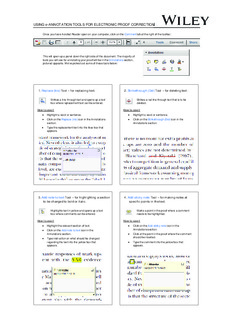| dc.description.abstract | Objectives. To assess the prevalence and current suffering of experienced abuse in
healthcare, to present the socio-demographic background for women with a history
of abuse in healthcare and to assess the association between abuse in healthcare
and selected obstetric characteristics. Design. Cross-sectional study.
Setting. Routine antenatal care in six European countries. Population. In total
6923 pregnant women. Methods. Cross-tabulation and Pearson’s chi-square was
used to study prevalence and characteristics for women reporting abuse in healthcare.
Associations with selected obstetric factors were estimated using multiple
logistic regression analysis. Main outcome measures. Abuse in healthcare, fear of
childbirth and preference for birth by cesarean section. Results. One in five pregnant
women attending routine antenatal care reported some lifetime abuse in
healthcare. Prevalence varied significantly between the countries. Characteristics
for women reporting abuse in healthcare included a significantly higher prevalence
of other forms of abuse, economic hardship and negative life events as well
as a lack of social support, symptoms of post-traumatic stress and depression.
Among nulliparous women, abuse in healthcare was associated with fear of childbirth,
adjusted odds ratio 2.25 (95% CI 1.23–4.12) for severe abuse in healthcare.
For multiparous women only severe current suffering from abuse in healthcare
was significantly associated with fear of childbirth, adjusted odds ratio 4.04 (95%
CI 2.08–7.83). Current severe suffering from abuse in healthcare was significantly
associated with the wish for cesarean section, and counselling for fear of childbirth
for both nulli- and multiparous women. Conclusion. Abuse in healthcare
among women attending routine antenatal care is common and for women with
severe current suffering from abuse in healthcare, this is associated with fear of
childbirth and a wish for cesarean section. | nb_NO |
